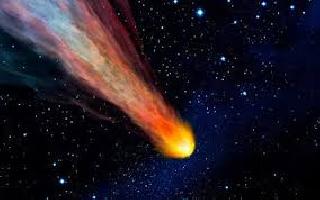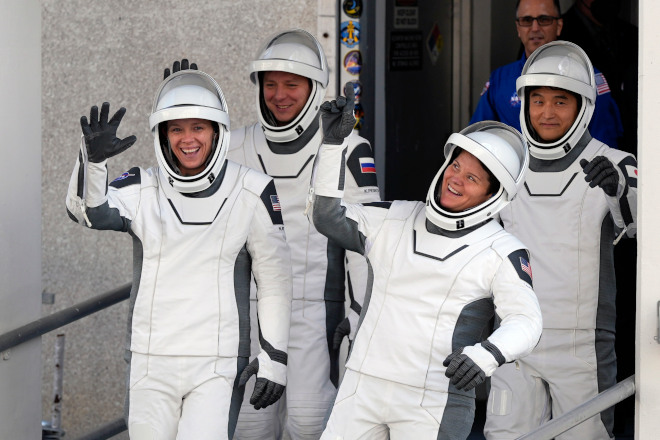
NEW YORK (PTI): Harvard scientists have found that dark matter could sling lethal meteors at Earth, causing catastrophic asteroid impacts on our planet, of the kind that likely ended the Age of Dinosaurs.
The mysterious, invisible substance called dark matter is believed to make up five-sixths of all matter in the universe.
Scientists have recently suggested that a thin, dense disk of dark matter about 35 light-years thick lies along the central plane of the Milky Way, cutting through the galaxy's disk of stars.
Researchers suggest this disk of clouds and clumps made of dark matter might disturb the orbits of comets in the outer solar system, hurling them inward.
This could lead to catastrophic asteroid impacts on Earth, of the kind that likely ended the Age of Dinosaurs, said theoretical physicists Lisa Randall and Matthew Reece at Harvard University.
Research has suggested meteor bombardment of Earth rises and falls in a cycle about 35 million years long.
Randall and Reese pointed out that this cycle of doom closely matches the rate at which the Sun passes through the central plane of the Milky Way. This hints that the galaxy's "dark disk" may be the actual culprit.
The researchers analysed craters more than 20 kilometres wide created in the past 250 million years, and compared their pattern against the 35-million-year cycle.
They found that it was three times more likely that the craters matched the dark matter cycle than that they occurred randomly.
This cycle might have killed off dinosaurs about 67 million years ago.
"The cycle is slightly off for that mass extinction, but we have an incomplete data set regarding impact craters, so maybe with more information the cycle might fit what we know better," Randall told Space.com.
Although a three-to-one chance sounds impressive, the researchers cautioned that this statistical evidence is not overwhelming.
The research was published in the journal Physical Review Letters.
 Previous Article
Previous Article Next Article
Next Article













The Indian Air Force, in its flight trials evaluation report submitted before the Defence Ministry l..
view articleAn insight into the Medium Multi-Role Combat Aircraft competition...
view articleSky enthusiasts can now spot the International Space Station (ISS) commanded by Indian-American astr..
view article